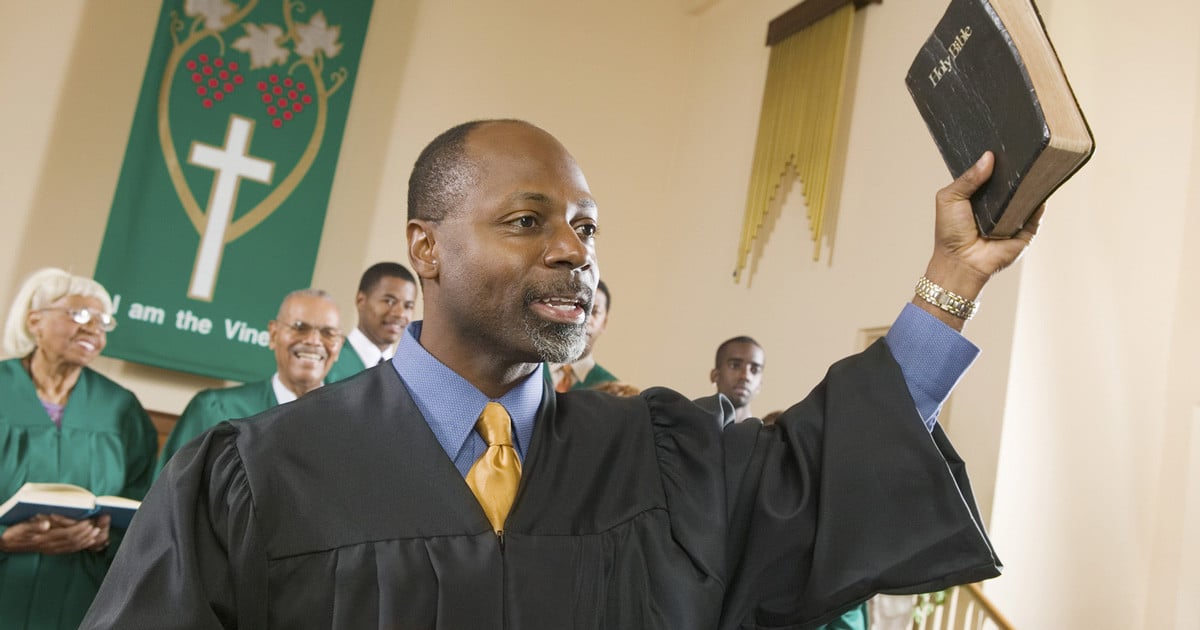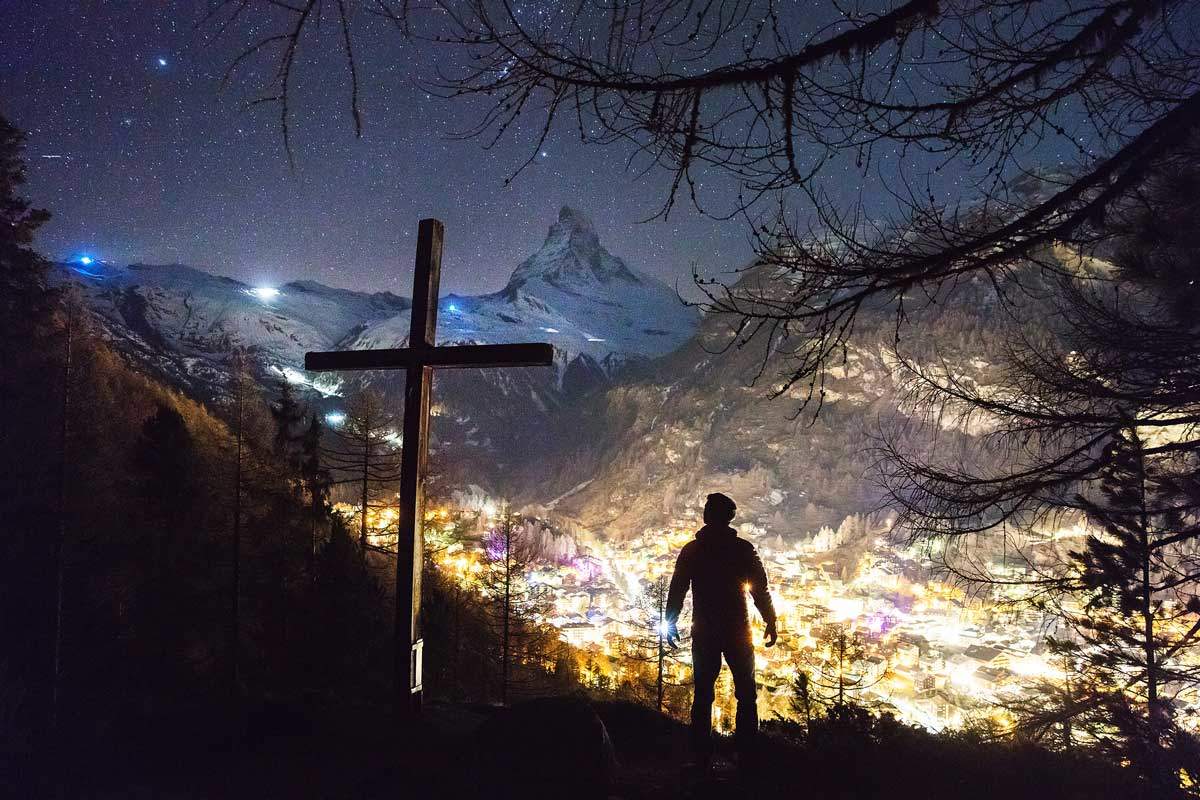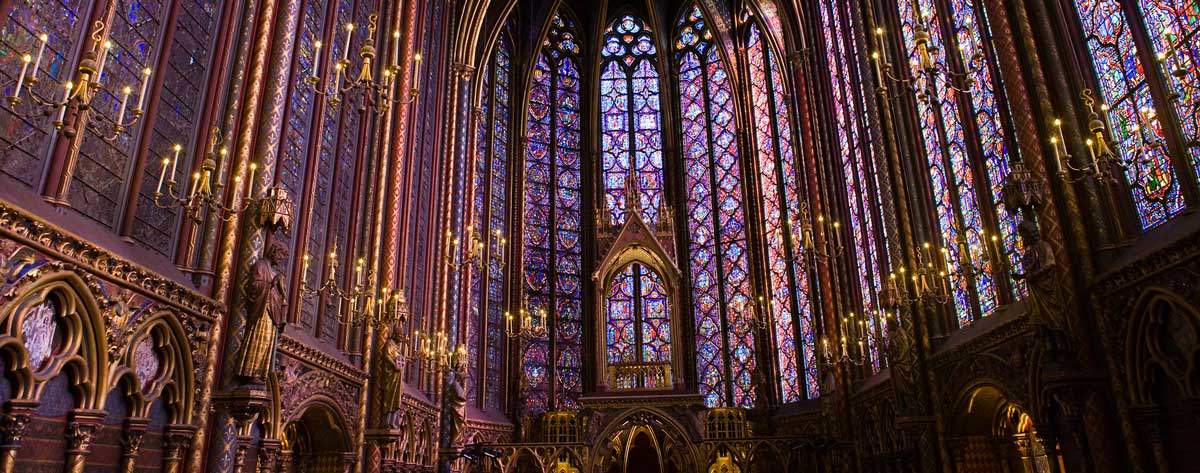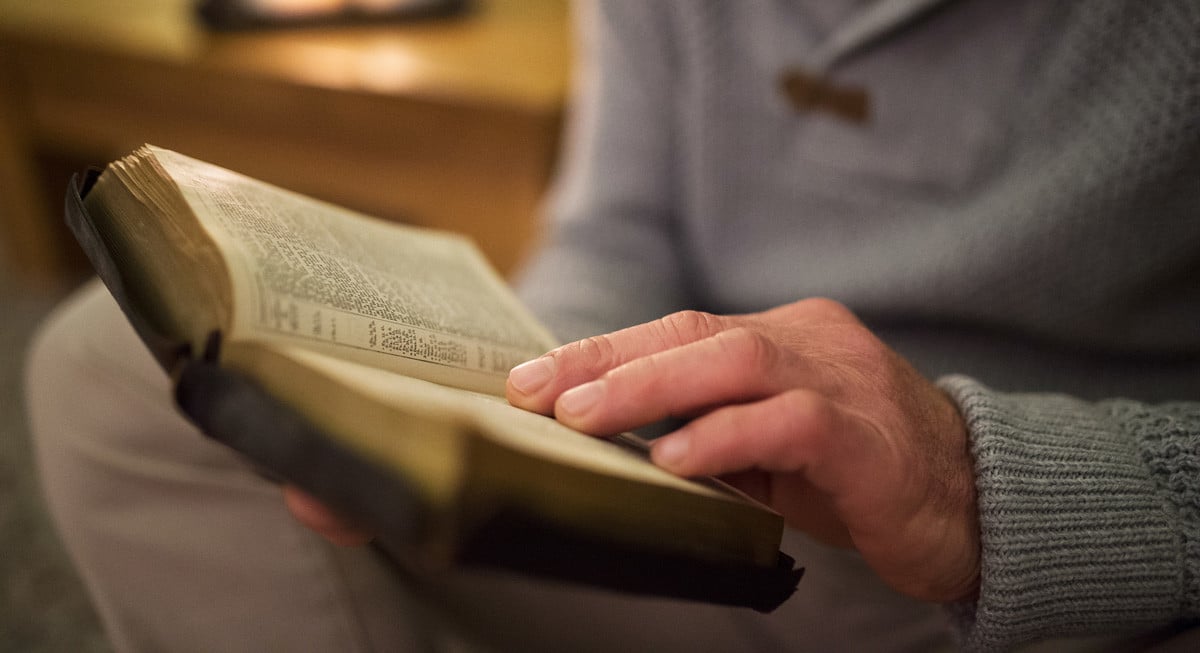Time is the great organizing force of human life. We move through time, marching to its incessant staccato drumming. When God created this universe, he established time as its regulator. Galaxies and planets share space, but dance to the melody of time. All things we experience, including redemption itself, are filtered through time. Creation began time. The Fall altered our experience of one another in time. God called Abraham and Israel at particular points in time. Jesus entered our world in the fullness of time. The mission of the church unfolds through time. And Jesus will return at the culmination of time.
So the story of redemption is intimately tied to history. The first half of the journey is largely summarized in the Old Testament. The second half begins in the New Testament, with a clear testimony of Jesus’ life and work, and a brief introduction to the expansive evangelistic ministry of Jesus’ followers in the book of Acts.
Church History continues that story. We live in the “in-between” times, where salvation has come, but the world has not yet been completely reborn in its ultimate redemption. While we wait for Jesus, who began a good work in us, to finally make all things new, we hope in his goodness, tell of his love, and influence our societies with the grace of the Kingdom of God.
Although the history of both humanity and the Church of Jesus Christ are wandering, varied, and often darkened by evil deeds and experiences, there are also many notes of delight and confidence. For instance:
- In spite of many wars, plagues and deliberate actions of genocide, humanity has survived, thrived and expanded across planet earth, the home God prepared for us.
- Beside God’s providential care for the universe generally, and humankind more specifically, God also intervenes deliberately in our history, calling Abraham and his family Israel to walk in a unique understanding of faith and life, sending Jesus as the Savior, and empowering the church’s witness through the Holy Spirit.
- Even though the Christian Church is splintered into many denominations and liturgical practices, it remains one its core beliefs about Jesus and its testimony about the way of salvation.
- In fact, the Christian Church remains the single largest human social organization in the world, and has influenced human history more extensively since Jesus’ coming than has any other cultural or philosophic movement.
- The church lives in this world as a witness to Jesus’ redemptive activities and power, and is the primary voice of God’s continuing mission of reconciling love.
Throughout church history, Christians have probed the nuances of these foundational testimonies. Influenced by cultural changes and challenges, a number of different families of theological reflection have emerged. Our approach at CLC lies within the Reformed tradition, built upon the expansive insights of John Calvin at the time of the Protestant Reformation. Central to this theological approach are these emphases:
- The distinction between “regeneration” (God’s one-time act accomplished solely through the work of Jesus) and “sanctification” (God’s on-going transformative activity taking place in partnership with redeemed persons and communities).
- The “Presbyterian” form of church structure, built around the primacy (but not independence) of the local congregation governed by Elders and Deacons who are called and elected from the membership because of their obvious spiritual gifts.
- Appreciation of the sacraments as two in number (Baptism and the Lord’s Supper), each being a sign and seal of God’s redemptive love, but not actually transacting merit.
- Viewing the “Law of God” as not only normative for creation and as announcing human sinfulness, but also as guiding our redeemed response of sanctified living.
